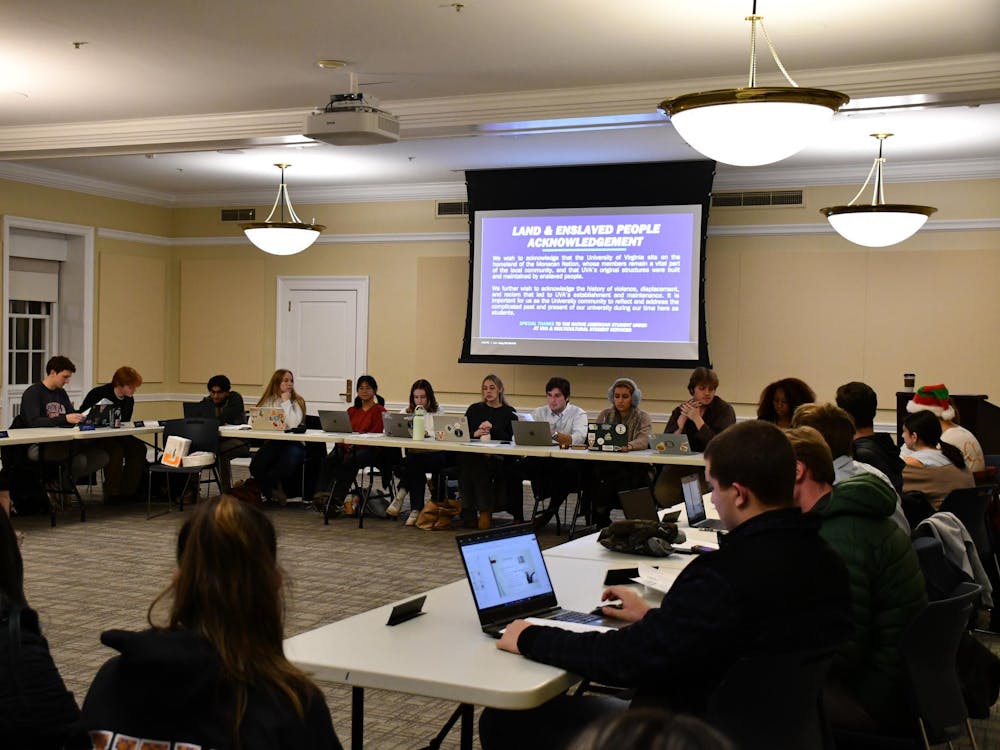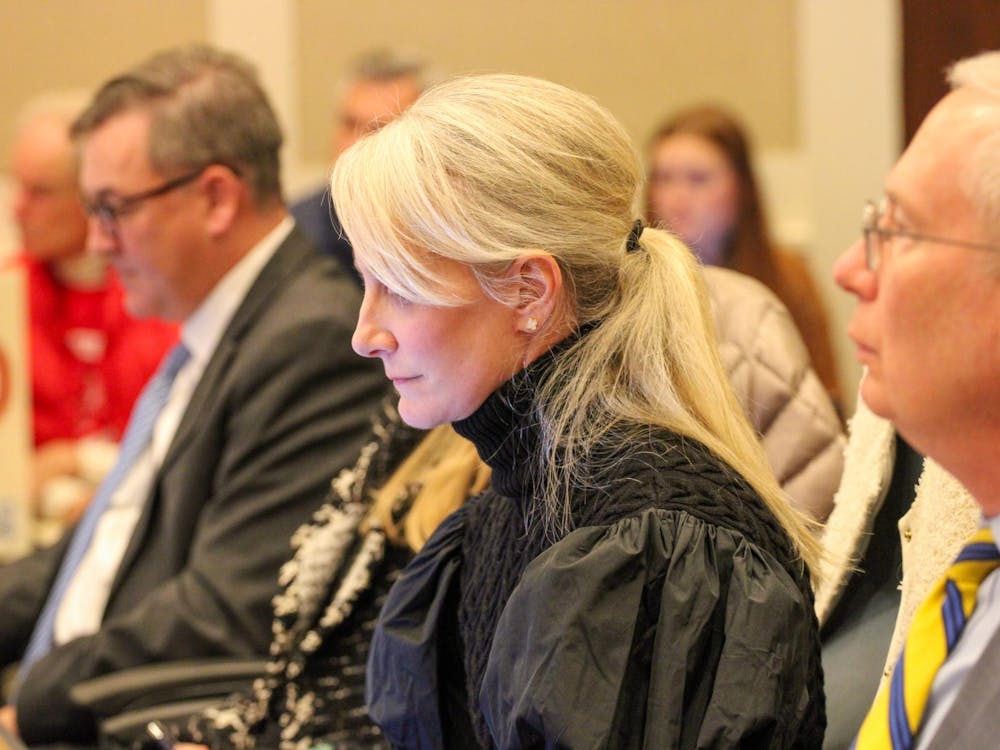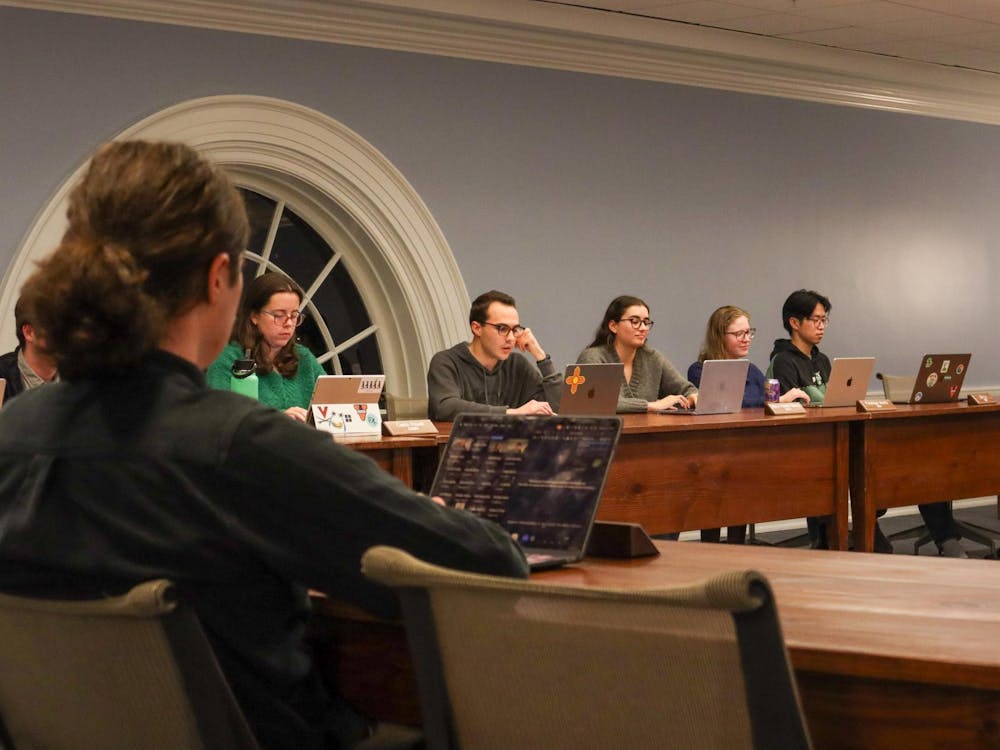The U.S. Supreme Court will hear a rape case involving two former Virginia Tech football players which challenges whether Congress has the power to legislate private matters.
The U.S. Supreme Court announced Tuesday it would hear the case, which questions the constitutionality of the 1994 Violence Against Women Act, legislation that allows rape victims to sue for damages in federal civil court.
The case was initiated when a former Virginia Tech student, Christy Brzonkala, sued Virginia Tech and two students, Antonio J. Morrison and James L. Crawford. Brzonkala reported to Virginia Tech officials that the two students had raped her in her room in October of 1994. The officials turned over the case to a campus judiciary panel, which never charged Crawford, and suspended Morrison for two semesters for "abusive language." The sentence was never enforced he maintained "good behavior."
Brzonkala then sued Virginia Tech for discrimination under Title IX of the Education Amendments of 1972 and sued the two students under the Violence Against Women Act.
Virginia Tech spokesman Lawrence G. Hincker said the lawsuits were originally thrown out of a federal district court because the "judge said he did not see any evidence of discrimination."
But Brzonkala appealed to the 4th Circuit U.S. Court of Appeals in Richmond, which declared parts of the Violence Against Women Act unconstitutional. The lawsuit against Virginia Tech was remanded to the local federal district court where it still is pending.
Virginia Tech is not named as a defendant in the case being brought before the Supreme Court, and the constitutionality of Title IX is not being challenged, Hincker said.
Instead, the issue before the Supreme Court is the constitutionality of the Violence Against Women Act, which permits "victims of [rape] to bring lawsuits in federal court and recover damages," said David Paxton, lawyer for defendant Antonio Morrison.
Paxton said his argument is that Congress has overstepped the bounds of its power when legislating private matters.
"This case is a test case, a lot of people are waiting to see how this case will go," said Robert O'Neil, School of Law professor and director of the Thomas Jefferson Center for the Protection of Free Expression.
The Supreme Court recently has moved away from using the 14th amendment to reach in to local matters of racial and civil rights, O'Neil said.
The Court likely will decide that "whatever the merit, however serious, Congress does not have the power to provide relief" for women in such cases, he said.
Virginia Tech is confident that it will succeed in the lawsuit pending against it in district court because prior knowledge of an offense or situation is needed in order to determine that Tech was discriminating against Brzonkala, and the school had no prior knowledge, Hincker said.






